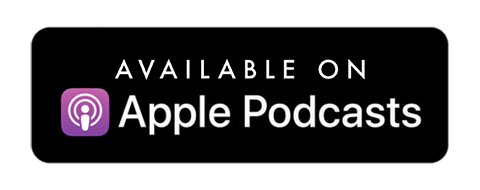27 Dec Being Well Podcast: How to Make 2021 Your Best Year

We all have something we want to do “some day,” but for most of us “some day” just never seems to come around. Here’s how to make 2021 the year you finally put all the pieces together, and achieve the goals you’ve set for yourself.
For the New Year: The Foundations of Well-Being brings together the lessons of a lifetime of practice into one year-long online program. In just an hour a week, Dr. Hanson will show you how to cope with life’s challenges by developing the 12 Pillars of Well-Being to grow inner strengths and resources inside yourself, such as steadying your mind by becoming more focused and calm with a strong sense of inner peace; rising to challenges by motivating yourself and overcoming old fears; improving relationships and feeling more connected, satisfied, and compassionate; being on your own side by letting go of self-criticism and being more compassionate toward yourself; growing an unshakeable core of resilient happiness even in difficult times; and being more confident with a bone-deep knowing of your own goodness and abilities.
Our holiday sale is going on now, and don’t hesitate to apply for a scholarship if you’re in need. Also, podcast listeners can use the code BEINGWELL10 for another 10% off!
Key Topics:
4:00: What leads to change that lasts?
5:30: Do you really WANT to change?
8:30: How to change your self-concept
14:00: “Don’t let the perfect be the enemy of the good”
16:00: Small changes that lead to big ones
20:00: Appreciating the finite nature of life
22:30: “What do you want to give as a gift to the person you will be tomorrow?”
25:30: What makes for a good resolution?
29:30: Using Forrest as a guinea pig: setting good goals and maximizing your resolutions
34:00: Picking very clear commitments, and making things simple
36:00: Thinking about how it would feel at the end of 2021 if you accomplished what you set out to do
43:00: Finding consistent effort
46:00: Summarizing the key questions
48:00: Recap of how to make 2021 your best year
Support the Podcast: We’re on Patreon! If you’d like to support the podcast, follow this link.
Connect with the show:






